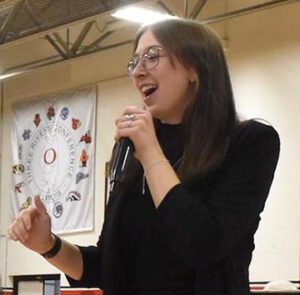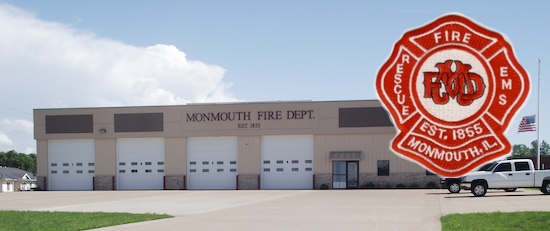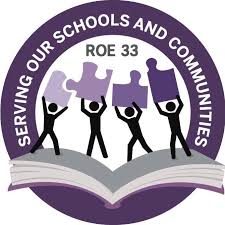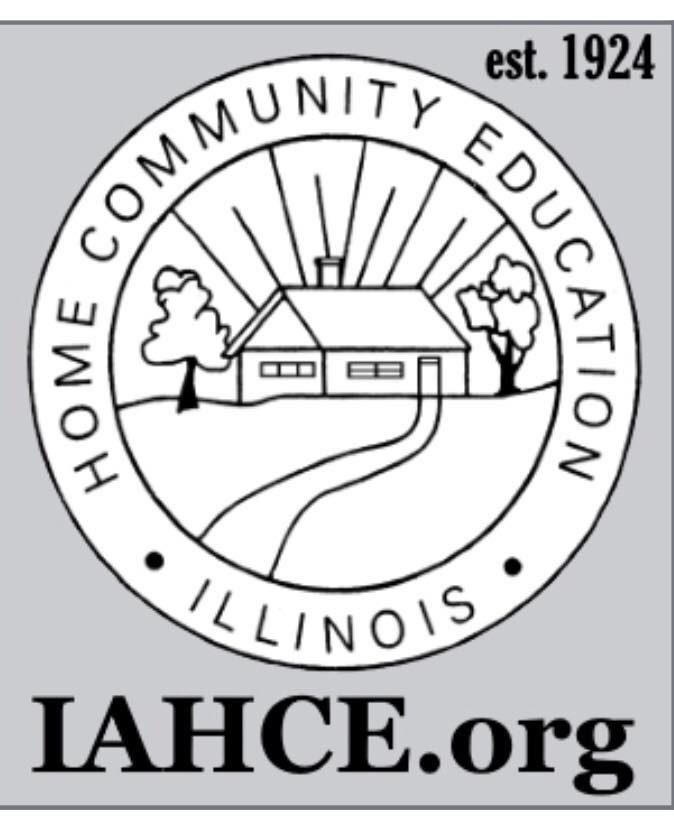Attorney General Kwame Raoul urged Illinois residents to be on alert for possible email and social media scams tied to the COVID-19 outbreak.
Raoul’s office is cautioning Illinois residents about products that are marketed as cures or total preventatives to COVID-19. According to Raoul’s office, individuals should be cautious of any advice or claims being made that certain products can “cure” COVID-19 or prevent the contraction of COVID-19. Products such as chlorine dioxide, hydroxycholroquine, essential oils, silver, elderberry and garlic are being advertised as “cures” for COVID-19. Raoul urges Illinoisans to not purchase any product promoted online on social media or via email that is being touted as a cure to COVID-19.
Raoul also is urging people to be wary of emails claiming to be from the Centers for Disease Control and Prevention (CDC) or other entities claiming to have information about COVID-19, or offering treatments or cures. According to the CDC, there is no vaccine to protect against COVID-19 and no medications approved to treat it. Attorney General Raoul encourages Illinoisans to delete emails promoting treatments or cures and report the correspondence to the Attorney General’s office.
“According to the CDC, there is currently no known treatment for COVID-19. People should be aware that any email or website offering a ‘cure’ is a scam that should be avoided,” Raoul said. “I encourage Illinois residents to delete any email offer, and do not pay for any alleged COVID-19 ‘cure’ or ‘treatment.’ People should instead follow the guidance of expert agencies such as the Illinois Department of Public Health, the Centers for Disease Control and Prevention, or the World Health Organization, and report COVID-19 scams to the Attorney General’s office.”
The CDC is posting regular updates regarding the federal government’s response to the outbreak, including tips to help minimize the risk of infection. Information about COVID-19 is also available on the World Health Organization’s (WHO) website. This week, Gov. JB Pritzker issued a disaster declaration for the state of Illinois, and along with the Illinois Department of Public Health, is providing regular updates on COVID-19 in Illinois.
The WHO encourages people to protect themselves by taking the following precautions:
- Wash your hands frequently and thoroughly using soap and water.
- Maintain social distancing, which includes staying at least three feet away from anyone who is coughing or sneezing.
- Avoid touching your eyes, nose and mouth.
- Practice respiratory hygiene by covering your mouth and nose with your bent elbow or tissue when you cough or sneeze.
- Seek medical care early if you have a fever, cough or difficulty breathing by calling your health care provider in advance and staying home if you feel ill.
- Stay informed, and follow advice given by your health care provider, as well as national and state public health authorities.
Attorney General Raoul is also encouraging people to exercise caution when donating to charitable causes connected to the COVID-19 outbreak. Under Illinois law, fundraisers and charitable organizations are required to register each year with the Attorney General’s office. The Attorney General’s office provides important financial information about charities, including income, expenditures and programs. To help donors make informed giving decisions, the Attorney General offers the following tips:
- Do not donate if the solicitor uses high-pressure tactics, asks for payment in cash or insists on sending someone to pick up your donation. These are all hallmarks of a scam.
- If you receive an email or text message asking for a donation, confirm that the request is from the charity, and not an imposter, by contacting the charity or visiting its website.
- Be cautious of “look-alike” websites. These fraudulent websites will often ask for personal financial information and may download harmful malware onto your computer.
- Don’t assume that charity recommendations on Facebook or social media are legitimate and have already been scrutinized. Research the charity yourself.
Raoul encourages donors to report suspicious solicitations to his office’s Charitable Trust Bureau at 312-814-2595 (TTY: 1-800-964-3013). People can report scams connected to the COVID-19 outbreak by visiting the Attorney General’s website or by calling Raoul’s Consumer Fraud Hotline (1-800-386-5438 in Chicago, 1-800-243-0618 in Springfield and 1-800-243-0607 in Carbondale).
***Report Courtesy of the Office of the Illinois Attorney General***

















